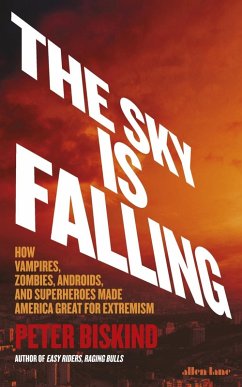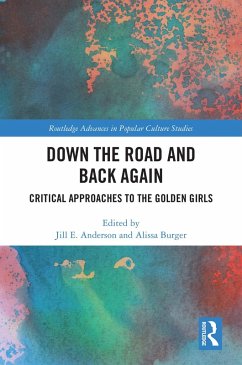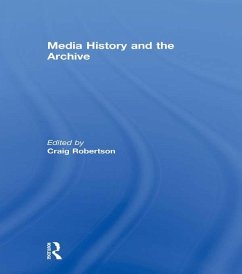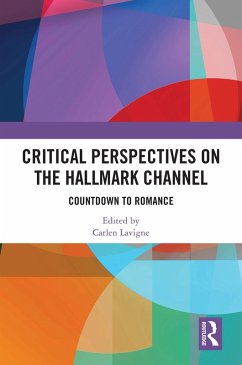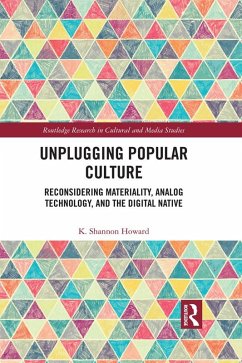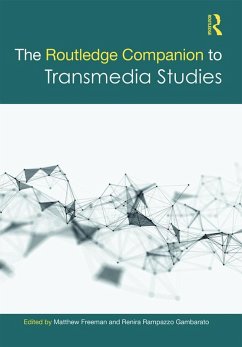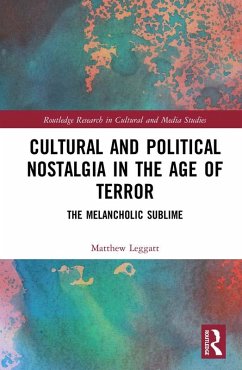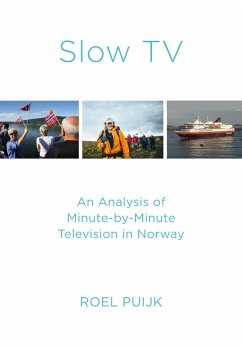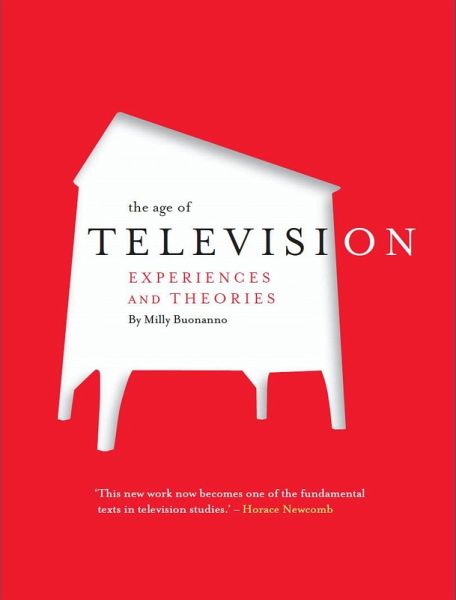
The Age of Television (eBook, ePUB)
Experiences and Theories

PAYBACK Punkte
12 °P sammeln!
At a stage of major change in the world of television (the coming of digital TV, multiple channels, mobile TV on cellphones) this book seeks to take stock of the impact of the advent and presence of television on daily life over the past fifty years, or slightly longer. The author takes as her standpoint, or rather places at the centre of her analysis and considerations, the human experience and the way in which the medium of television has radically changed it. Connection; mobility; plurality. The discourse developed in the various chapters of the book focus on this triad of conceptual catego...
At a stage of major change in the world of television (the coming of digital TV, multiple channels, mobile TV on cellphones) this book seeks to take stock of the impact of the advent and presence of television on daily life over the past fifty years, or slightly longer. The author takes as her standpoint, or rather places at the centre of her analysis and considerations, the human experience and the way in which the medium of television has radically changed it. Connection; mobility; plurality. The discourse developed in the various chapters of the book focus on this triad of conceptual categories, which govern the most important ways in which television can effect a transformation at the level of experience. It can establish connections between individuals and distant events; encourage the formation of 'imagined communities' on a varying scale (worldwide, national, local or based on a common identity); create enabling conditions for travel to distant places and for vicarious and 'imaginary' journeys; and function as a genuine multiplier of opportunities and of forms of indirect social experience, in the sense of 'pluralising' the worlds of an imaginary life. The three categories in turn flow into the category of 'imagination', perceived as the big engine that drives modern mediatized society - television supplying ample fuel for this purpose. 'The Age of Television: Experiences and theories', is in its own special way a book of theory. Each chapter draws on classic concepts and theories from international television studies - from the flow to televised ceremonies and cultural imperialism - but without any undue reverence. The book is written with students in mind and thus undeniably conveys a pedagogic message: the author seeks to demonstrate how theories are a means of learning that is at the same time indispensable and flexible, open to criticism and to reworking in a new context. The logical and coherent structure of the book and its systematic articulation around a central nucleus of well defined concepts make it a very useful text for university courses. Yet it is written not in the style of a manual, but rather as a critical essay; and its original approach makes it also interesting and appealing to a scholarly readership and the cultivated general audience.
Dieser Download kann aus rechtlichen Gründen nur mit Rechnungsadresse in A, D ausgeliefert werden.




